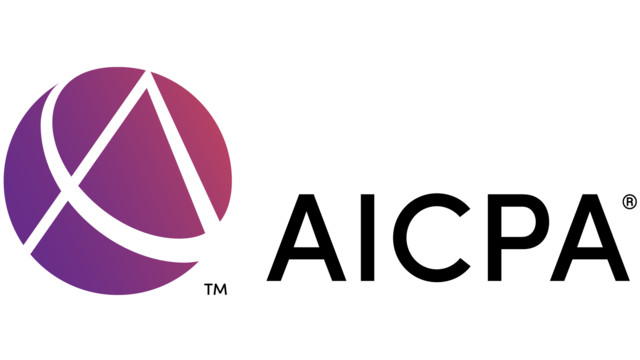Good tax policy and effective administration has been the cornerstone of advocacy for the American Institute of CPAs (AICPA) since its inception. In a letter sent to Congressional leadership from the Senate Finance Committee and the House Ways and Means Committee, the AICPA expressed strong concern regarding recent proposals to reform Subchapter K in the Pass-through Reform Discussion Draft.
These proposals target perceived and actual abuses in an effort to close the tax gap, however they do not conform to the AICPA’s principles of good tax policy objective framework and misconstrue the history regarding Subchapter K dating back to the 1954 Internal Revenue Code (IRC).
Passthrough entities, and specifically partnerships taxed under Subchapter K of the IRC, generate significant business income reported to the Internal Revenue Service (IRS). Partnerships serve as the structure for many small and newly formed businesses. The “partnership” is the ubiquitous business structure for private equity investment, personal service firms, and many start-up businesses. Good tax policy related to partnerships and effective administration of that system should provide fairness, simplicity, neutrality and certainty.
The AICPA urges the Senate to follow the House and not include Subchapter K changes in the reconciliation legislation. The AICPA also recommends considering fundamental and structural changes to Subchapter K only after comprehensive study and sufficient input in order to address policy considerations and mitigate unforeseen consequences due to the intricacy of Subchapter K. Introducing significant changes would also require the Department of the Treasury to provide additional guidance, which could create uncertainty for the time prior to when (or if) regulations are issued or finalized.
The AICPA’s comments raise several practical concerns and specifically address the following:
- Safe Harbor Allocations of Income
- Section 704(c) Remedial Method and Mandatory Revaluations
- Nonrecourse Liabilities under Section 752
- Mixing Bowl Transactions under Section 704(c)(1)(B) and Section 737
- Mandatory Basis Adjustments under Section 734 and Section 743
- Partnership Continuations
- Section 163(j) Limitation on Business Interest
Thanks for reading CPA Practice Advisor!
Subscribe Already registered? Log In
Need more information? Read the FAQs




